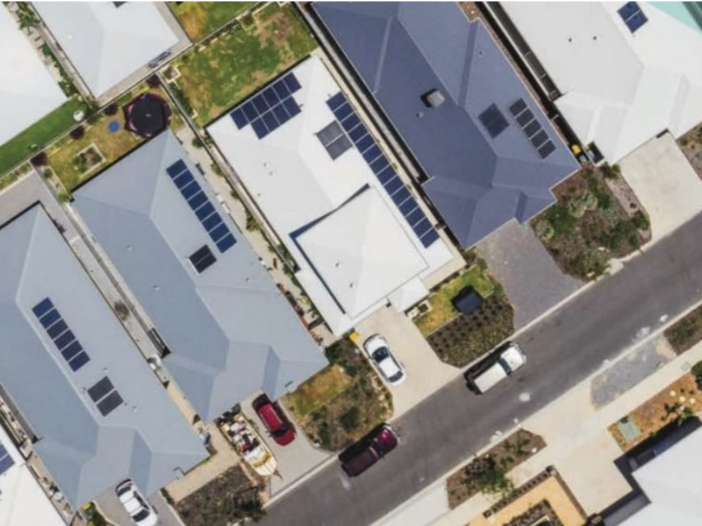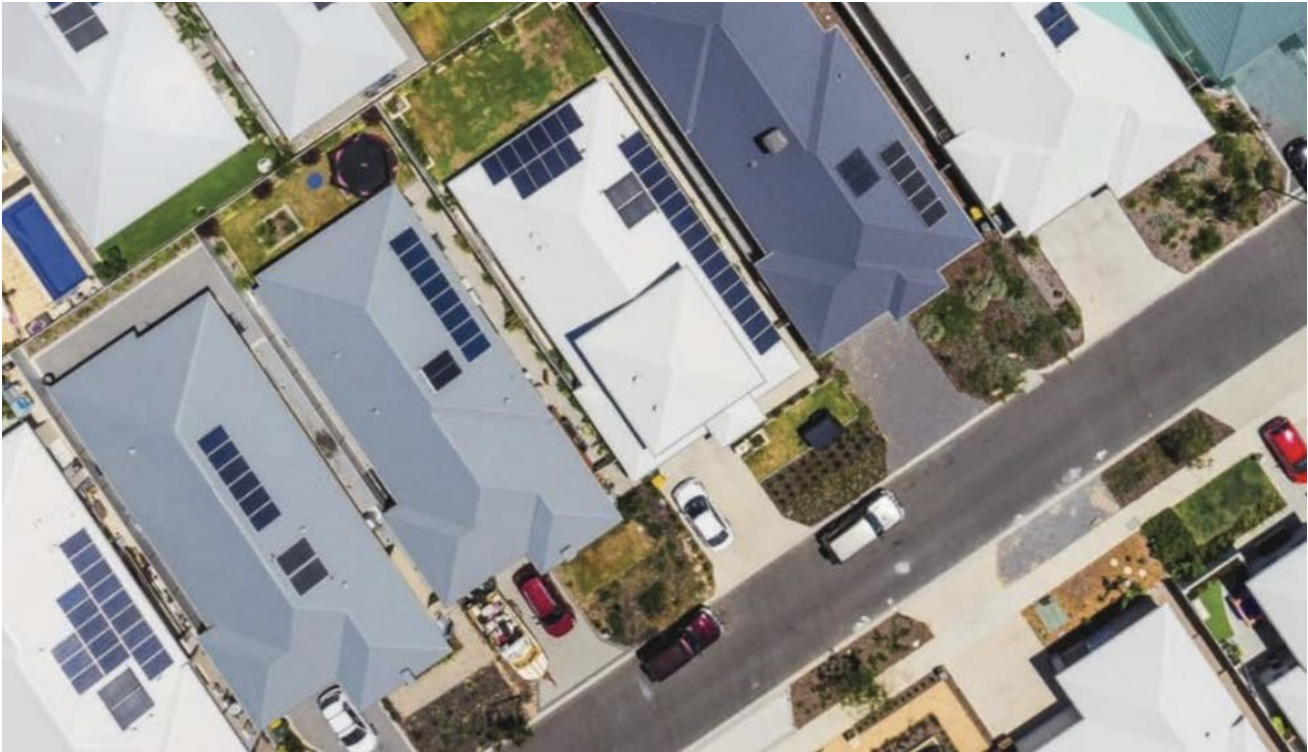
The West Australia Labor government has unveiled a new energy roadmap that puts community battery storage at the top of its proposals to embrace a wholesale switch to distributed energy sources such as rooftop solar panels, household and community batteries, electric vehicles and microgrids.
The Distributed Energy Roadmap – nearly a year in the making – was unveiled on the weekend by state energy minister Bill Johnston, and it forms a key part of its Energy Transformation Taskforce, charged with dealing with the switch from coal and then other fossil fuels, to a grid dominated by renewables and storage.
W.A., thanks largely to the disinterest of the previous conservative government, has trailed the rest of the country in the installation of large-scale wind and solar – although it is beginning to catch up, both on its main grid and through miners in off-grid and in private networks.
But the state has been among the leaders in the uptake of rooftop solar, which has been installed by one in three households, meaning the output of rooftop solar is three times as much at certain times than that of the biggest coal generator, and accounts for up to 45 per cent of demand.
Johnston notes that the uptake of rooftop solar is expected to lift to one in two households, and at least that for business.
That has particular implications for Western Australia because it is an isolated network, and the question has been how to manage a distributed and largely uncontrolled and nearly invisible source that will likely present a threat to grid stability without a proper integration plan, as the Australian Energy Market Operator has highlighted. See our story: Rooftop solar throws massive curve ball to world’s most isolated grid.
“A major transformation of Western Australia’s electricity sector is underway,” Stephen Edwell, who chairs the Energy Transformation Taskforce, said in a statement.
“Rooftop solar is a great source of power, but changes are needed to ensure that it helps, rather than hinders the operation of our energy supply system.
“Households and businesses can help make the most of our abundant solar generation by moving some of their electricity use from the evening to the middle of the day.”
The focus of this report is a suite of 36 different actions that cover technology integration, removing barriers to DER participation (including battery storage),piloting alternative electricity tariffs, and relating customer protection and engagement. Edwell says it is not a wish list, as each recommended action is considered essential.
The one that has caught most attention from clean energy advocates is the community battery proposal, which is considered the most urgent. It proposes new community batteries be installed in ten towns and communities – Canning Vale, Dunsborough, Ellenbrook, Kalgoorlie, Leda, Parmelia, Port Kennedy, Singleton, Two Rocks, and Wanneroo – by the end of the year.
To read the full story on One Step Off The Grid’s brother site RenewEconomy, click here…
RenewEconomy and its sister sites One Step Off The Grid and The Driven will continue to publish throughout the Covid-19 crisis, posting good news about technology and project development, and holding government, regulators and business to account. But as the conference market evaporates, and some advertisers pull in their budgets, readers can help by making a voluntary donation here to help ensure we can continue to offer the service free of charge and to as wide an audience as possible. Thankyou for your support.
Giles Parkinson is founder and editor of One Step Off The Grid, and also edits and founded Renew Economy and The Driven. He has been a journalist for 35 years and is a former business and deputy editor of the Australian Financial Review.




